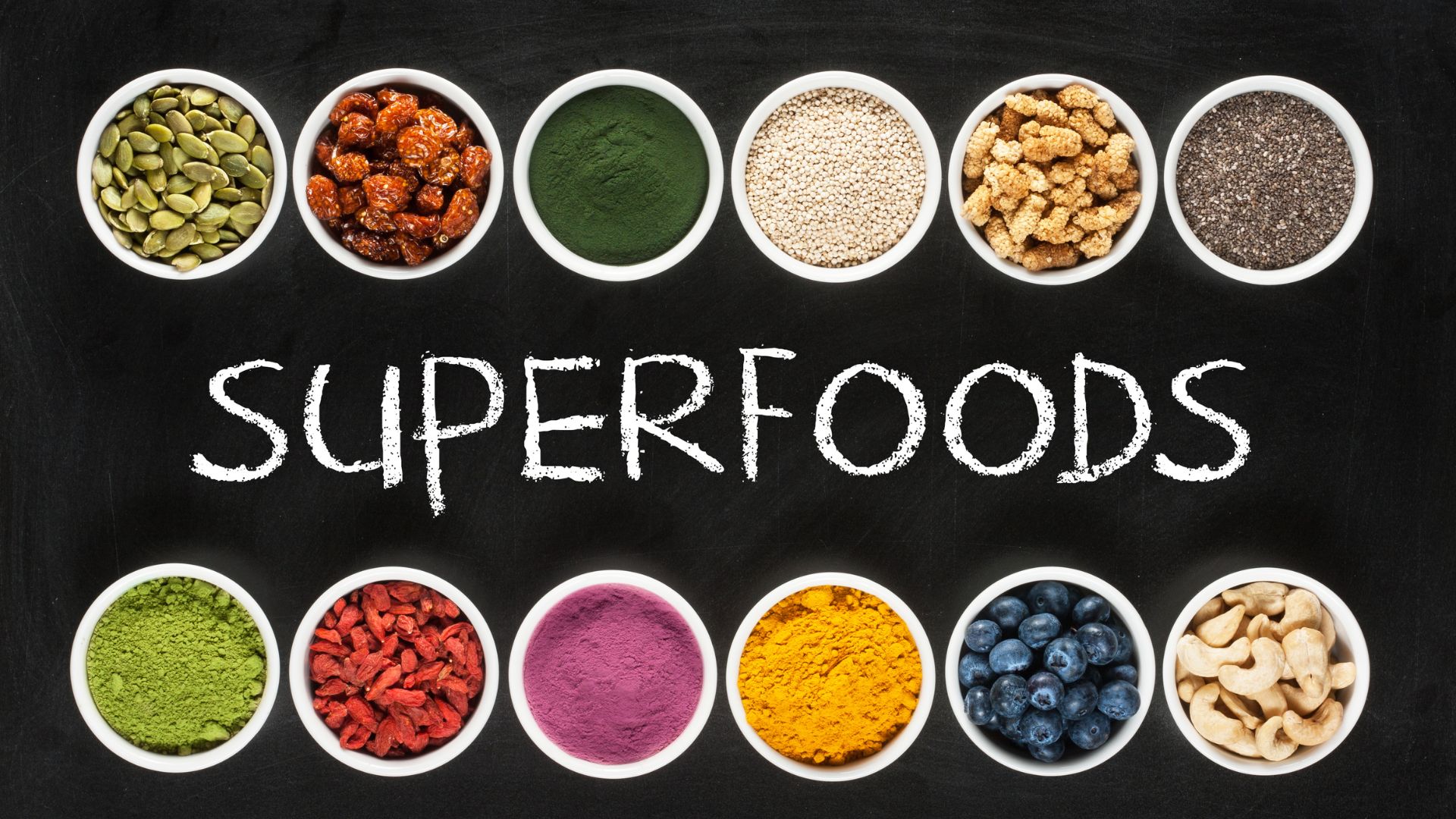There are many so-called “superfoods” on the market today. So, which ones should you be eating? Here are five superfoods you should add to your diet:

1. Kale: Kale is a leafy green vegetable high in antioxidants and nutrients. It’s also a great source of fiber, vitamin C. Kale can be eaten raw or cooked, and it’s a great addition to salads or smoothies.
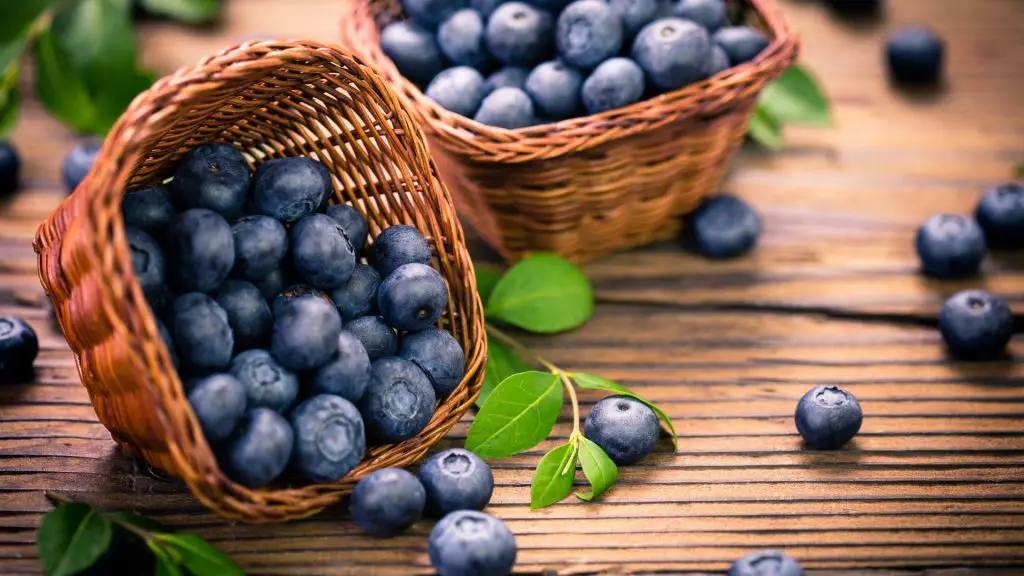
2. Blueberries: Blueberries are another antioxidant-rich superfood. They’re high in fiber, vitamin C, and manganese and are also a good source of potassium. Blueberries can be eaten fresh or frozen, making them a great addition to breakfast bowls, smoothies, or yogurt parfaits.
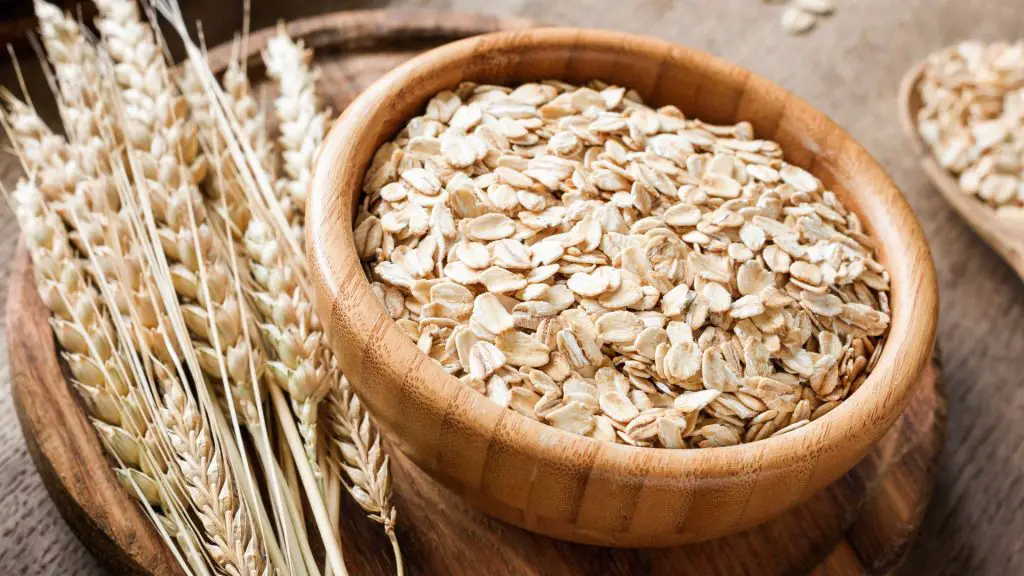
3. Oats: Oats are a great source of fiber and antioxidants. They’re also a good source of manganese, phosphorus, iron, and magnesium.
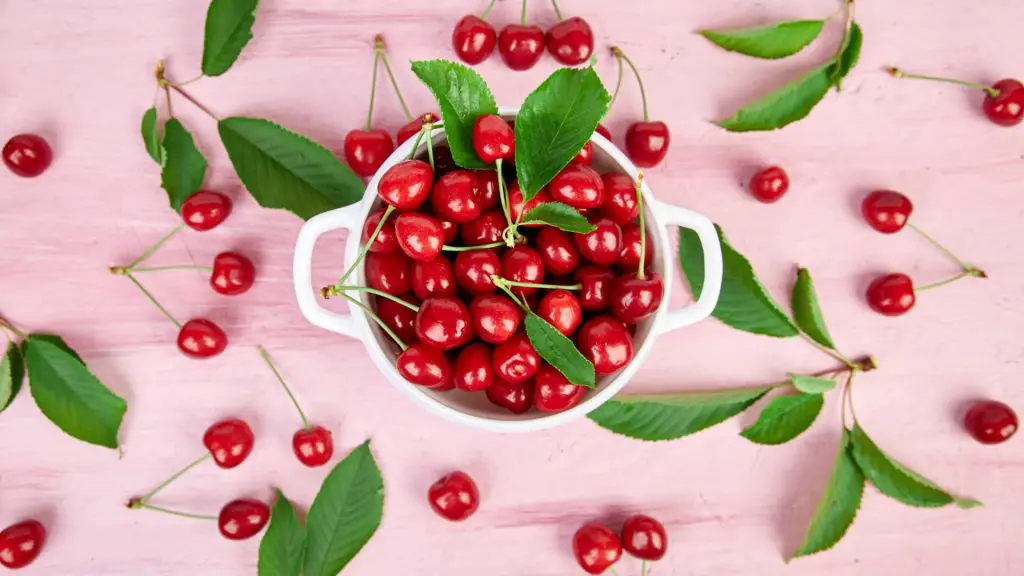
4. Cherries: Cherries are another antioxidant-rich, nutrient-dense fruit. They’re high in vitamin C, copper, and manganese and have a good amount of fiber.
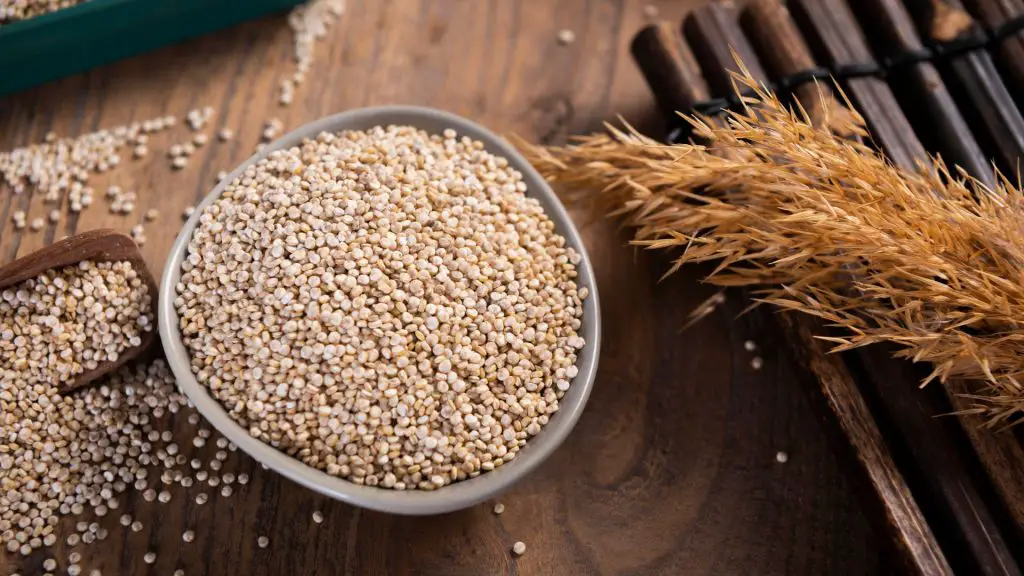
5. Quinoa: Quinoa is a protein-rich superfood and a good source of fiber and manganese. When cooked, its gluten-free flakey texture makes it an excellent addition to breakfast bowls, salads, or stir-fries. 6.
Berries:
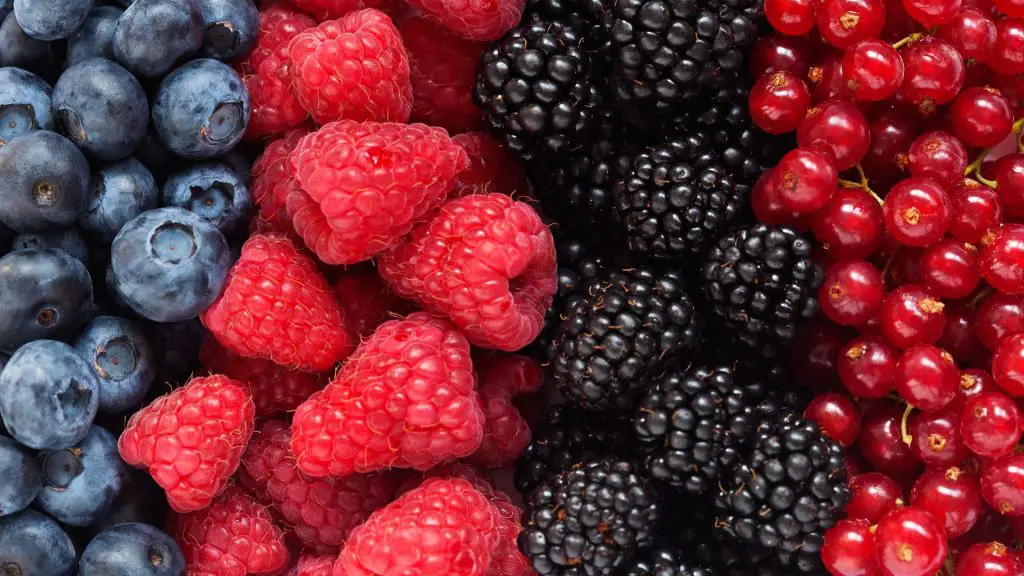
Berries are a healthy food packed with antioxidants, vitamins, and minerals. They are a good source of dietary fiber, which can help to regulate digestion. Berries are also a good source of vitamins C and K, essential for maintaining healthy skin and bones. Additionally, berries are high in antioxidants, which can help to protect the body against disease.
Cruciferous Vegetables:
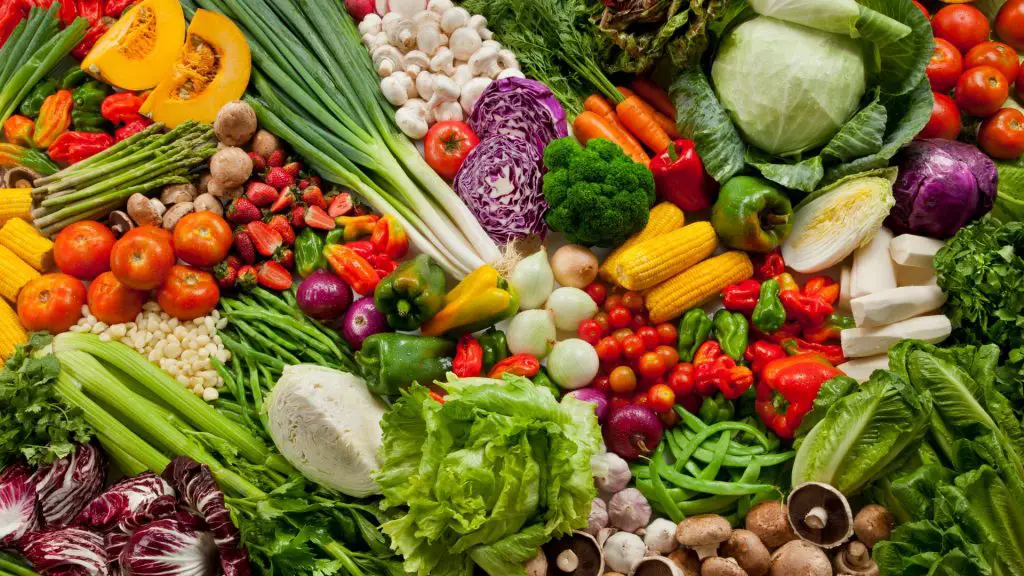
Cruciferous vegetables are a family of vegetables that are high in nutrients and low in calories. They are a great source of fiber, vitamins, and minerals. Cruciferous vegetables include broccoli, cauliflower, cabbage, kale, and Brussels sprouts. These vegetables are known for their cancer-fighting properties and are essential to a healthy diet.
Fish:
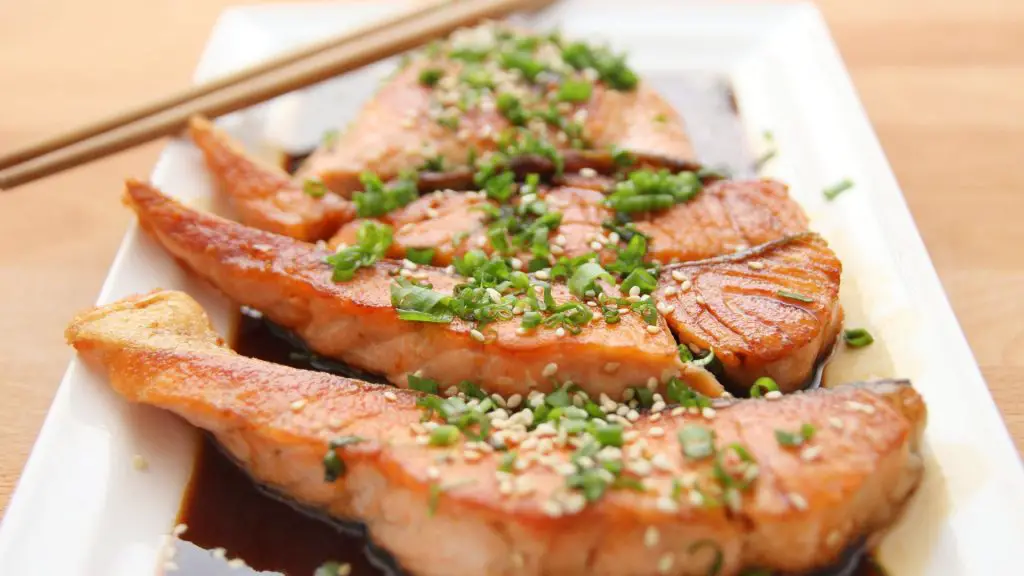
Fish are a healthy source of protein and other nutrients. They are low in saturated fat, and most fish are also common in mercury. Fish can provide essential vitamins and minerals, including vitamin D and omega-3 fatty acids.
Garlic:
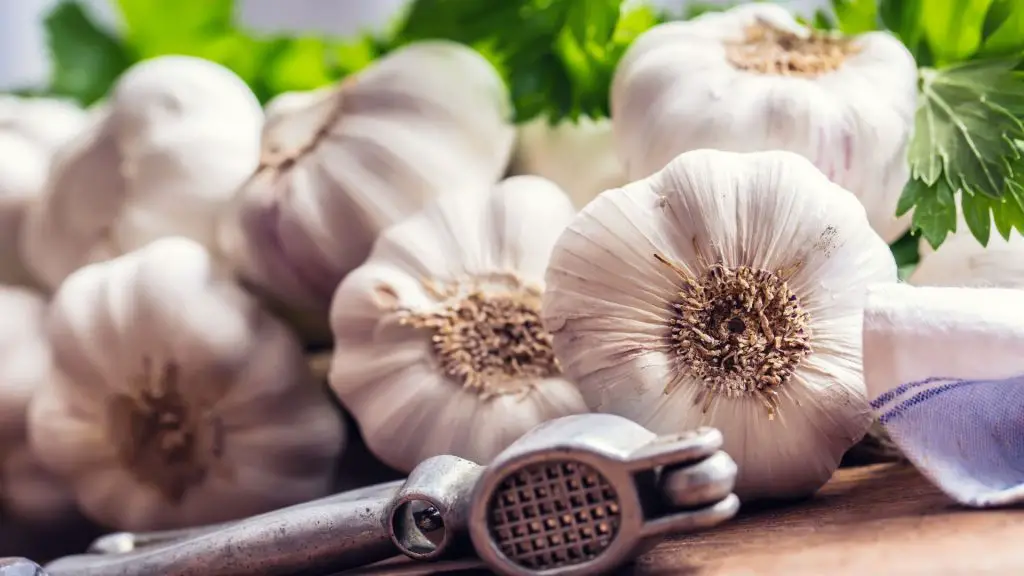
Garlic is a vegetable that is related to the onion. It is in the lily family. Garlic has been grown for over 5,000 years and is native to central Asia. It was used as food and medicine in ancient Greece and Rome. Today, garlic is used all over the world for its health benefits.
Nuts:
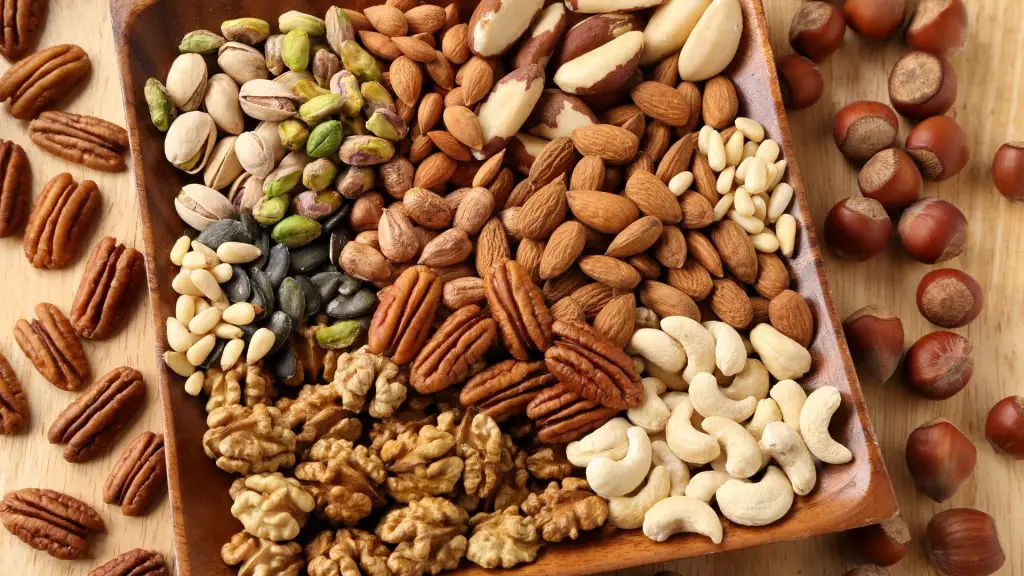
Nuts are a great source of protein, fiber, and healthy fats. They are also low in carbohydrates and calories, making them a perfect snack for people trying to lose weight or manage their blood sugar levels. Additionally, nuts are rich in vitamins and minerals, including magnesium, potassium, zinc, and vitamin E.
Olive Oil:
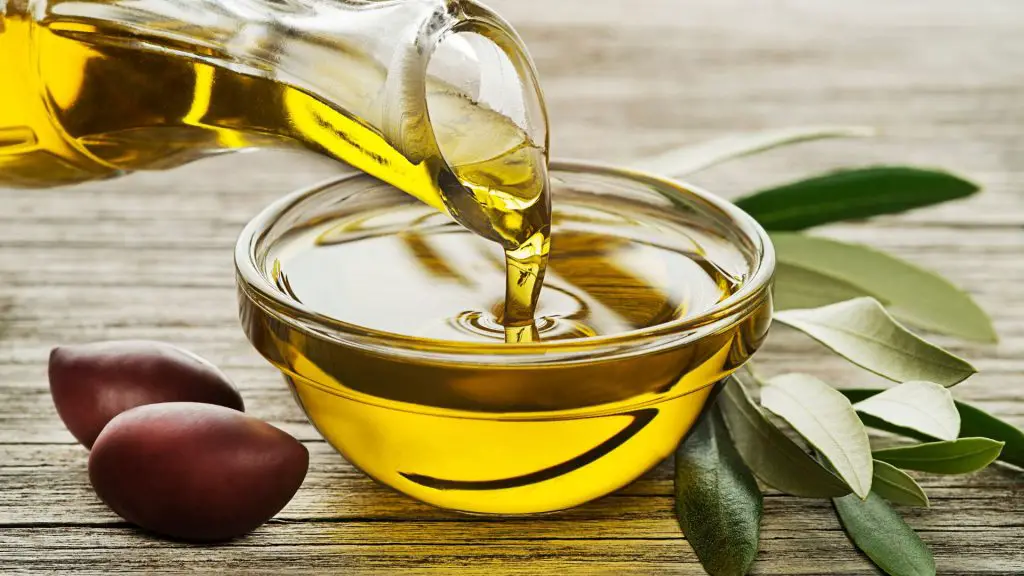
Olive oil is a type of vegetable oil that is extracted from olives. It is often used in cooking, salad dressings, and breadmaking. Olive oil is a heart-healthy choice because it contains monounsaturated fats, which can help lower your risk of heart disease. Olive oil also contains antioxidants, which can protect your cells from damage.
Tea:

Tea is one of the most popular drinks in the world, second only to water. Though people of all ages and backgrounds enjoy it, tea is often considered a healthy drink. But how healthy is tea? Many health benefits come from drinking tea, mainly black tea, but is it the best possible way of getting those benefits? And, more importantly, is it healthy?
